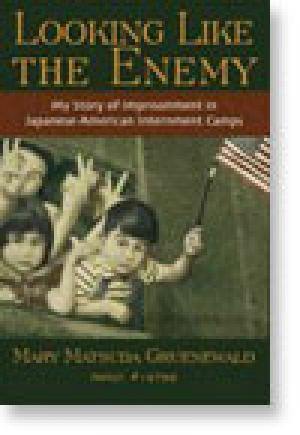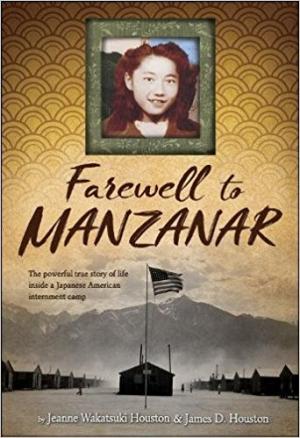Piri, now 17, resides with a Swedish family while she searches for news of family and friends who also might have survived the Nazi concentration camps.
This book examines the treatment of Japanese Americans before, during, and after World War II by the U.S. government.
Lily is looking forward to spending another summer at her family's vacation home with her grandmother on the shore in Rockaway, New York, when her father drops the news that he must go to Europe with the U.S. Army Corps of Engineers during World War II.
This is Mary Matsuda's memoir beginning when she was 16 years old.
Based on historical fact, this is a story that brings World War II home, just off the coast of Maine where Jill Winters has been sent to live with her grandmother.
Pulitzer Prize winner John Hersey interviewed survivors of Hiroshima's bomb while the ashes were still warm.
Fourteen-year-old Louise Keller and her family leave Ohio for the Philippines in order to join a missionary camp in 1941.
This is the true story of one spirited Japanese-American family's attempt to survive the indignities of forced detention as seen through the eyes of Jeannie, the youngest daughter of the Wakatsuki family.
Sumiko and her family are shipped to a Japanese internment camp in one of the hottest places in California after the events of Pearl Harbor.
This nonfiction book is a collection of letters written to a librarian in San Diego by the name of Miss Breed. These actual letters, replete with spelling and grammar mistakes, show how one person can make a positive difference in the lives of so many.










